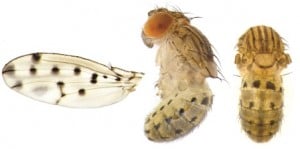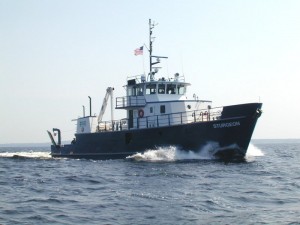The Biotechnology Research Center announces its Fall 2013 Travel Grants. Recipients from Biological Sciences include:
* Faten Dhawi Almuhanna (Bio Sci) International Plant and Animal Genome XXII Meeting (poster)
* Ramkumar Mohan (Bio Sci) The Midwest Islet Club Meeting (poster)
* Aparupa Sengupta (Bio Sci) Society for Industrial Microbiology and Biotechnology (podium)
Awards for other departments are in Tech Today.





 The Graduate School is pleased to announce that two students have earned fellowships from The DeVlieg Foundation. The DeVlieg Foundation has generously provided support for graduate students pursuing research in engineering, wildlife and biology at Michigan Tech.
The Graduate School is pleased to announce that two students have earned fellowships from The DeVlieg Foundation. The DeVlieg Foundation has generously provided support for graduate students pursuing research in engineering, wildlife and biology at Michigan Tech.